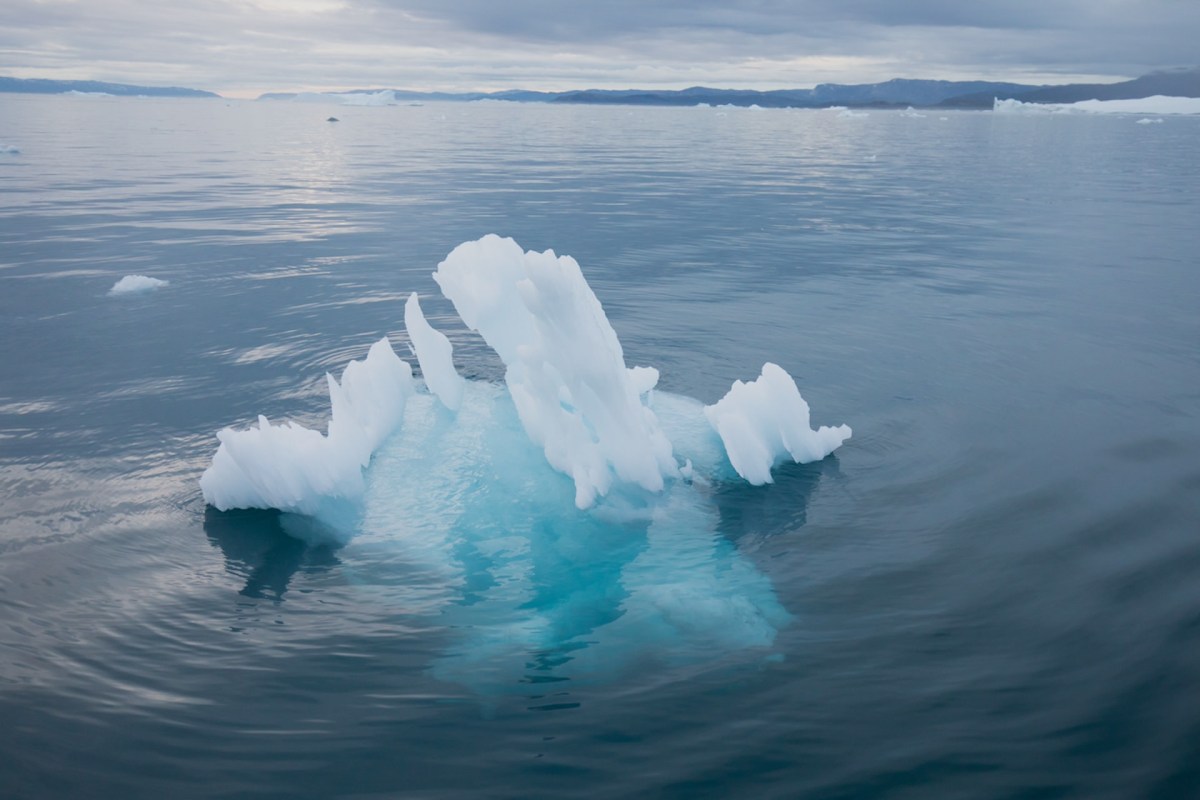New research has revealed a startling link between rapidly melting Arctic ice and an increased risk of summer heatwaves and droughts across Europe.
The study, published in the journal Weather and Climate Dynamics, sheds light on how rising temperatures in the Arctic disrupt weather patterns thousands of miles away.
What's happening?
The Arctic is warming much faster than the rest of the planet, causing more ice to melt. This sends surges of fresh, cold water into the North Atlantic, which upsets the normal flow of ocean currents.
According to the study's lead author, Marilena Oltmanns, the large inflows of melted ice are relatively new to the North Atlantic.
The study suggests a major "freshwater anomaly" is currently emerging that will likely trigger a drought and heatwave this summer in Southern Europe, Oltmanns said. It could also set off a heatwave and drought in Northern Europe within the next five years.
"We have disentangled the signals," said Oltmanns.
Why are rising temperatures concerning?
Changes in ocean water circulation affect atmospheric patterns, making extreme summer weather more frequent and severe in Europe. The result is stronger heat waves that threaten human health, higher wildfire risk, and droughts that damage agriculture and infrastructure.
Amulya Chevuturi, a hydroclimate data scientist with the UK Centre for Ecology & Hydrology, said that the study's findings suggest "an increased and growing risk of European summer extremes."
As rising global temperatures accelerate Arctic warming and ice melt, this concerning chain reaction is expected to happen more often and intensely over time if left unchecked. More volatile weather extremes put lives and livelihoods at risk.
What can I do to stop rising temperatures?
According to Daniela Domeisen, a climate dynamics researcher not involved in the study, research is a step forward in understanding how rising temperatures drive extremes — but scientifically-supported conclusions need to be put into action to make a difference.
While large-scale solutions are urgently needed, the little ways we reduce carbon pollution in our homes add up. Start with these ideas:
- Power your home with renewable energy. Rooftop solar panels are increasingly affordable. Or, check if your utility offers a green power plan.
- Walk, bike, or take public transit instead of driving when possible.
- Reduce food waste and compost what can't be eaten. Growing and transporting wasted food releases carbon and methane.
- Advocate for action. Let your representatives know you support policies to slash pollution and accelerate the transition to clean energy.
By taking steps in our own lives and raising our collective voice, we can help prevent the worst consequences of rising global temperatures — including the disruption of vital ocean currents and weather patterns. Every choice matters as we work to maintain a safe, stable climate for all.
Join our free newsletter for cool news and cool tips that make it easy to help yourself while helping the planet.









